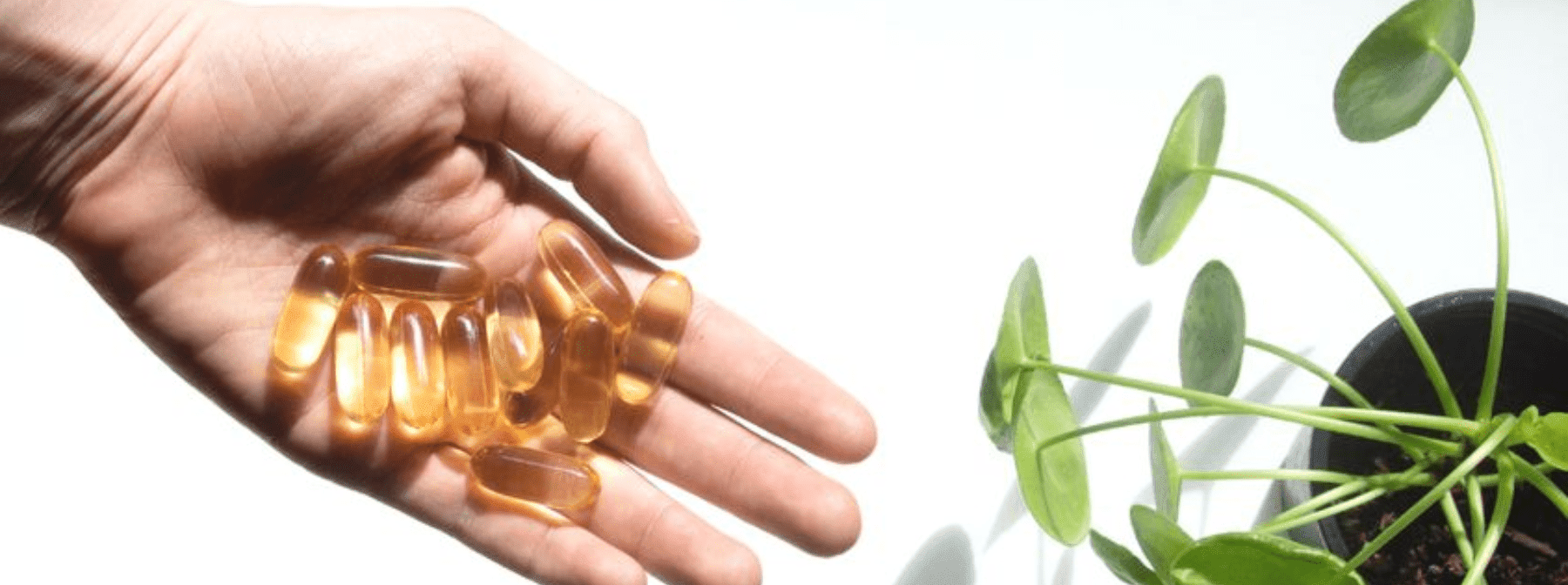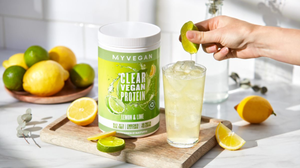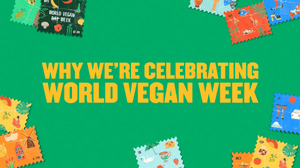
There’s been a surge in searches for plant-based seafood alternatives, following the release of Netflix documentary, Seaspiracy. Produced by Cowspiracy’s Kip Anderson, Seaspiracy sheds light on the ‘war being waged’ on the world’s oceans – delving into the fishing industry’s environmental impacts on marine life.
Whether you already follow a plant-based diet or are simply looking to reduce your seafood consumption, we're sharing the best vegan omega-3 sources, so you can avoid a deficiency in this essential nutrient. Read on to find out more.
How can you reduce your seafood consumption?
If one of the main questions you had after watching the Seaspiracy was “how can I reduce my seafood consumption or cut it out completely?” - you’ll be pleased to know there are lots of great plant-based seafood alternatives on the market now, making it easier than ever before. From fishless fingers to fishless burgers, there’s no shortage of plant-based alternatives to replace seafood in your favourite dishes.
However, while it’s great to see these plant-based seafood alternatives becoming widely available, it’s worth noting that these foods don’t contain omega-3 fatty acids, which are predominantly found in oily fish. In addition, there aren’t many plant-based omega-3 sources out there, meaning this essential nutrient can be difficult to come by for vegans, vegetarians, or those who simply don’t like fish.

What is omega-3?
Omega-3 is a family of healthy fats that come in three different forms:
- ALA (Alpha-linolenic acid) is an organic compound with antioxidant properties. Some observational studies link a diet rich in ALA to a reduced risk of heart disease and other chronic illnesses.1
- EPA (eicosatetraenoic acid) is used by your body to produce signaling molecules, which play numerous physiological roles and help to reduce inflammation.1
- DHA (docosahexaenoic acid) contributes to the maintenance of normal brain function3, vision4 and heart health.5
Best vegan omega-3 sources
Chia Seeds
One of our favourite vegan omega-3 sources is chia seeds. These small but mighty seeds proudly hold the title of ‘superfood’ - not only because they’re high in omega-3, but also protein, fibre and calcium too. Best of all, they’re extremely versatile and make a great addition to many plant-based recipes - from porridge and chia puddings, to smoothies and bakes.
Discover our favourite chia pudding recipe here.
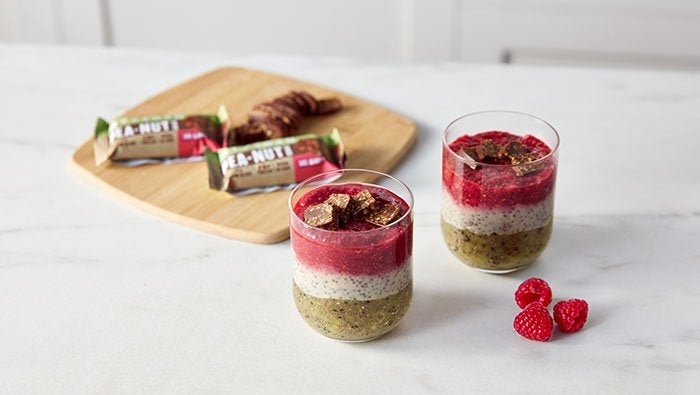
Flax Seeds
The same goes for their friends, flax seeds. Again, an omega-3-rich staple ingredient for breakfasts, but also diverse in its oil form. Our Flax Seed Powder is made purely from 100% quality flax seeds, which are finely ground down into a powder. This creates an easy-to-use ingredient that can be blended into your favourite recipes to give them a nutritious boost.
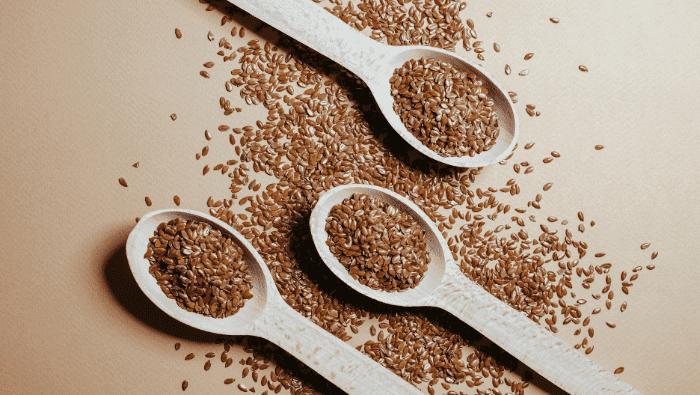
Vegan Omega-3 Supplement
Have you ever wondered what’s better for you — using supplements or eating food? It really depends on your goals and which foods you enjoy. If you follow a plant-based diet, then you'll likely benefit from taking a high-quality vegan Omega-3 Supplement. Our easy-to-take supplement comes in a convenient capsule form, making it easy to get omega-3 into your diet, whenever, wherever.
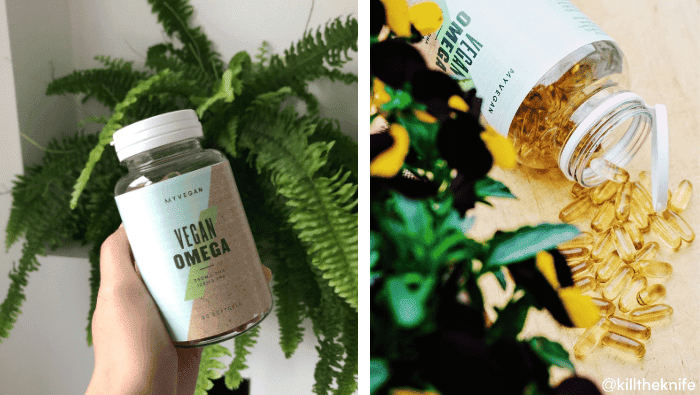
Algae
Spirulina, seaweed, nori, and chlorella are all different forms of algae, which provide numerous health benefits. They are a great source of omega-3 for those on a vegan or vegetarian diet, as they're one of the few plant groups that contain both DHA and EPA, which contribute to the normal function of the heart.6
Try our delicious Spirulina Pesto Pasta, or add our Organic Spirulina Powder to your smoothies for a healthful boost.
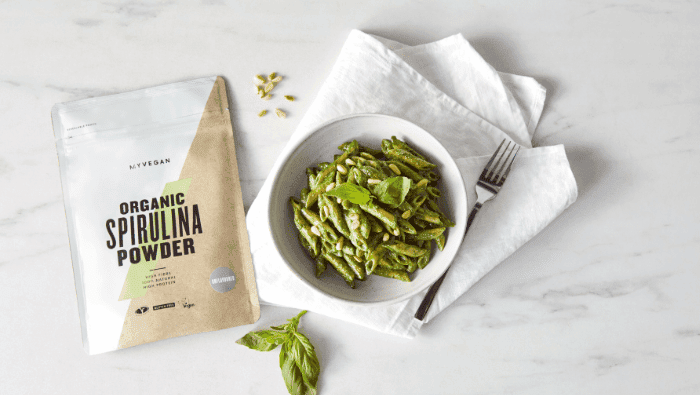
Walnuts
Walnuts contain a relatively high percentage of alpha-linolenic acid (ALA), which makes up around 8-14% of the total fat content. In fact, walnuts are the only nuts that contain significant amounts of ALA, which is especially beneficial for heart health.1
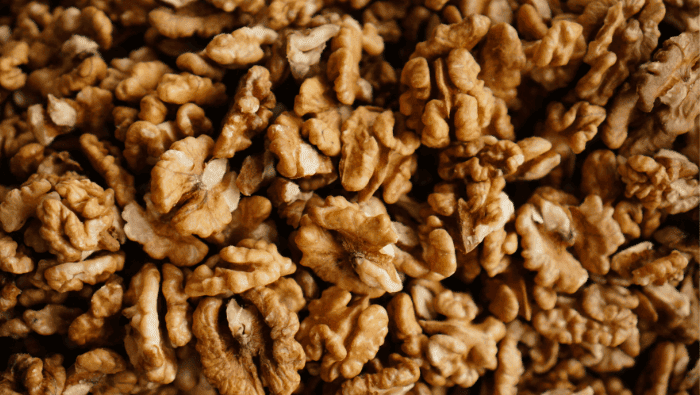
Hemp Seeds
The last mention goes to hemp seeds, a rich source of omega 3-6-9 fatty acids. They also happen to be packed full of protein and an abundance of minerals including potassium, magnesium, and iron – all of which support normal physiological function5, the nervous system6 and immune system.7
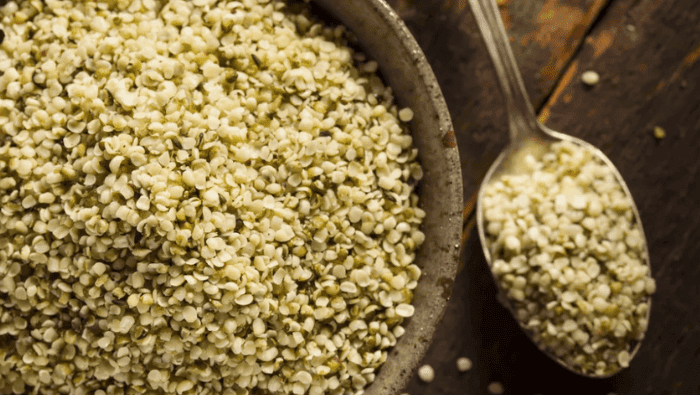
Summary
Whether you don’t eat fish because of dietary reasons or personal preference, you can still reap the benefits of omega-3 fatty acids in your diet. By either incorporating a few omega-3-rich foods into your diet or opting for a plant-based supplement, it’s possible to meet your needs, seafood-free.

Can a Vegan Diet Improve Gut Health?
Our Registered Nutritionist discusses the link between vegan diets and gut health.
- https://www.healthline.com/nutrition/3-types-of-omega-3
- EPA and DHA contribute to the normal function of the heart.
- DHA contributes to maintenance of normal brain function.
- DHA contributes to the maintenance of normal vision.
- Potassium and magnesium contribute to normal muscle function.
- Potassium and magnesium contribute to the normal functioning of the nervous system.
- Iron contributes to normal function of the immune system.

